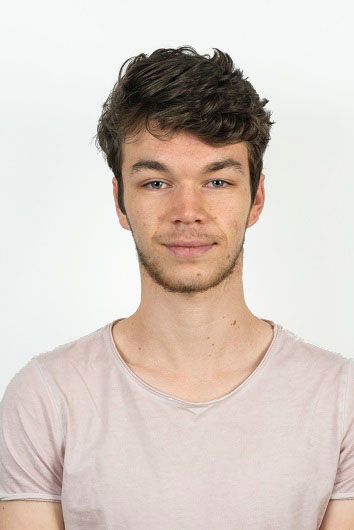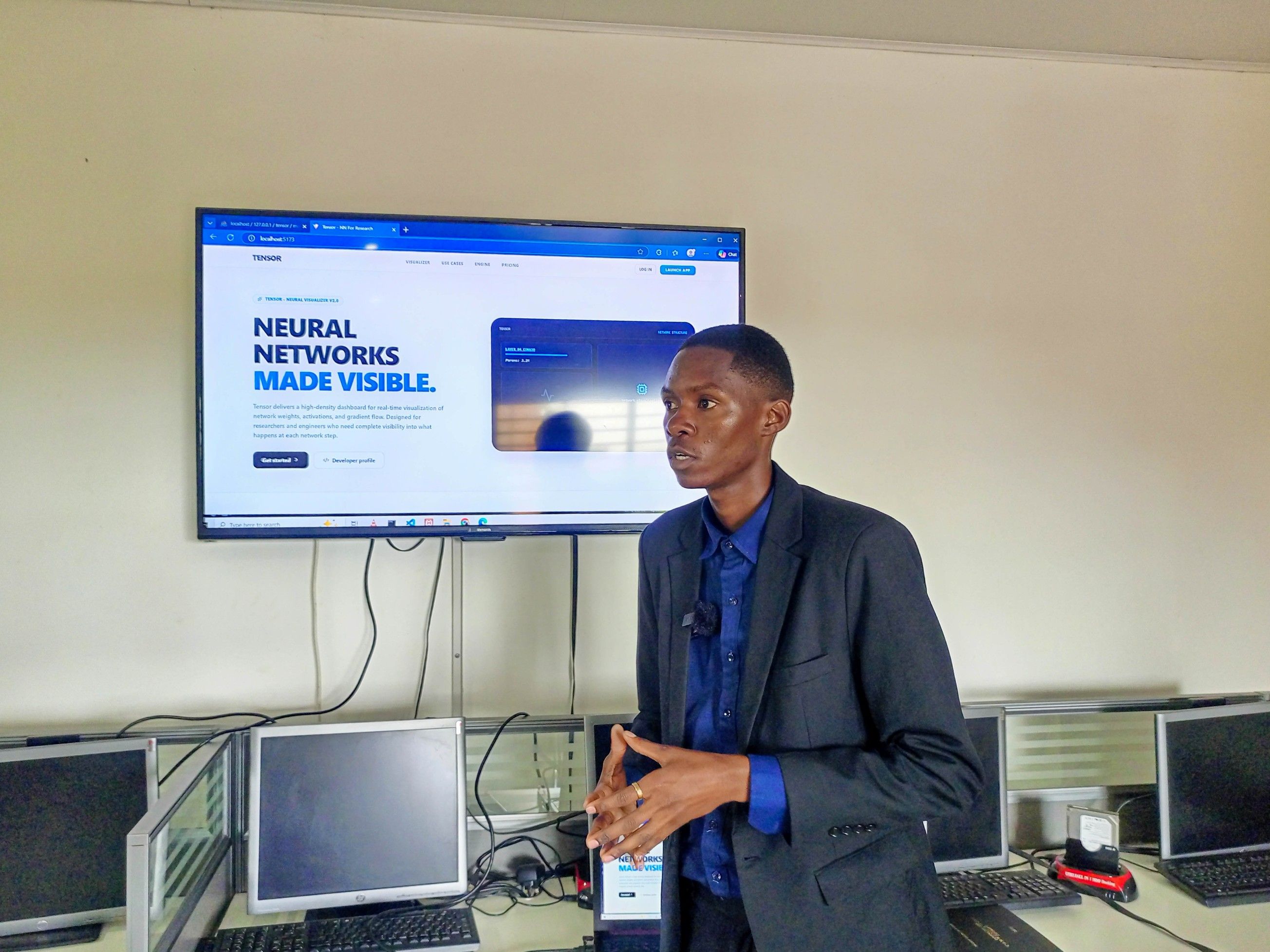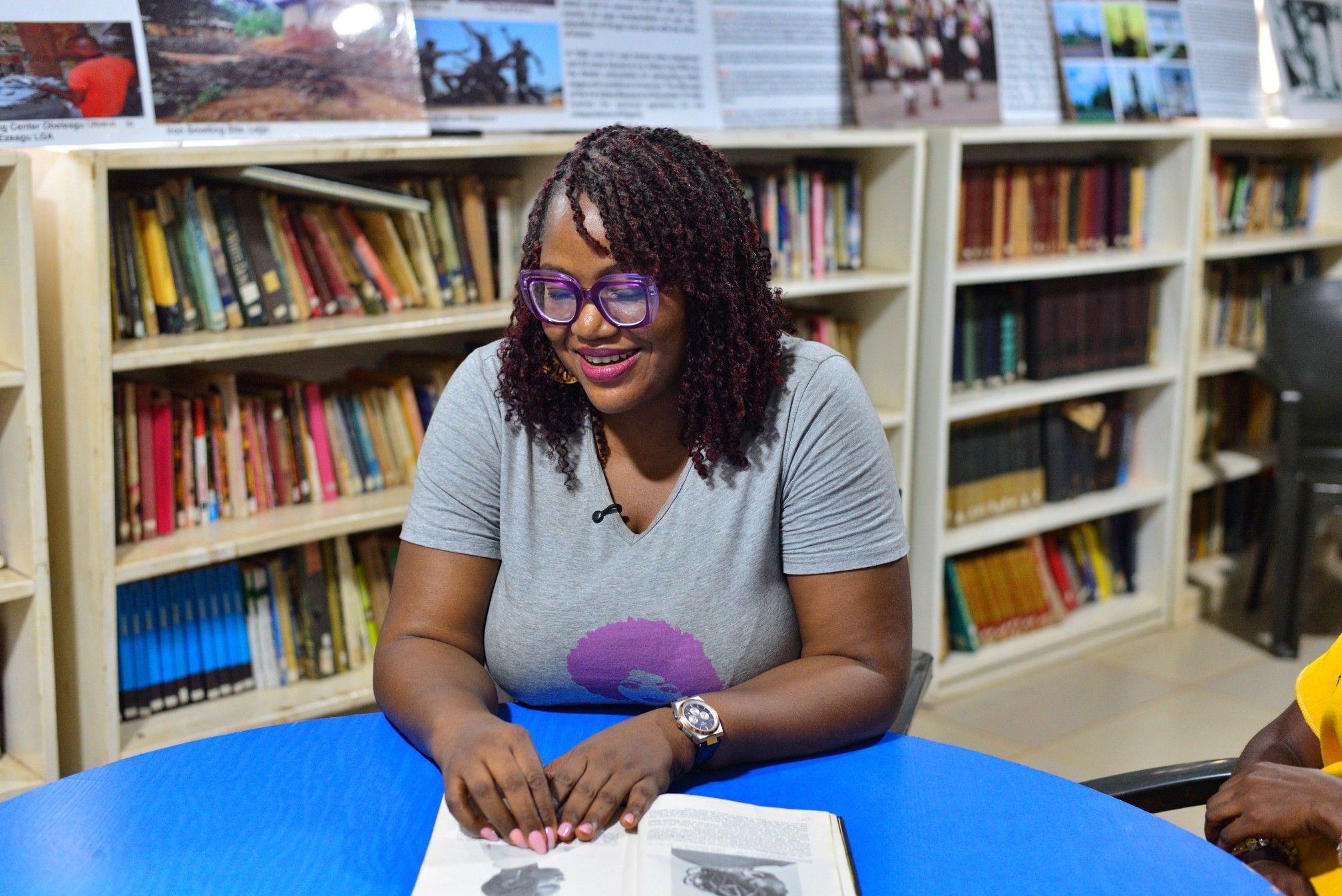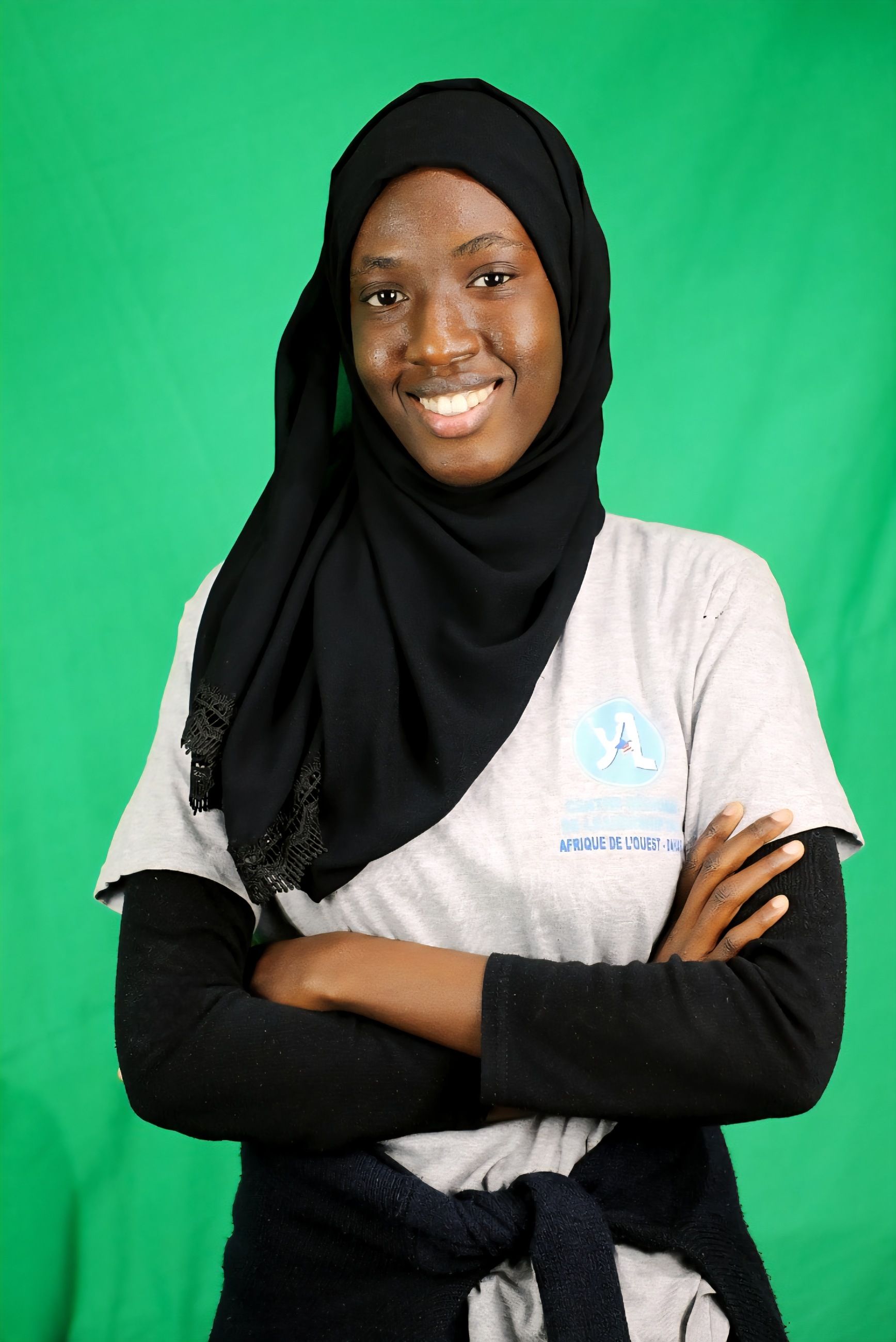I often get asked, “What is it about Kenya that attracts you so much?” or, “Why is it so special to you?”
The thing is, I never have a ready answer for any of those questions because words can't begin to explain it.
The first time I directly got in contact with Kenya was in 2011. One of my new football teammates was Kenyan and we got along well. He told me stories about growing up and living in Mombasa, made me listen to The Longombas and Nameless and gave me a huge Swahili course which I found very interesting. Little did I know I was going to use it several years later.
Fast-forward to December 2015.
I took a much-needed break from school and football and decided to go to Kenya for three weeks to volunteer via NVS (Networks for Voluntary Services). The reason I opted for the volunteering program was that I wanted to learn more about the culture and the people in Kenya.
Upon arrival, somebody picked me up from JKIA and took me to my host family in Jamhuri estate. I stayed in a cosy house with a host mother and sister and several other volunteers from all around the globe. Belgium, Germany, Argentina, Mexico, Denmark, Australia and Kenya; we were all brought together under one roof. We made mandazis and chapati together, sorted beans for dinner and were taught how to wash our clothes, manually. We got to know about the differences and similarities between our lives. What I learnt is, we all have so much in common. And the best part was the fact that each experience I had was authentic.
My host family took me to the market to buy fresh mangoes and pineapples that we would prepare for dinner in the evening. Breakfast was not complete without tea and Blueband, and it was possible that there'd be periodic power outages or that we would run out of water for a day or two. But none of that was ever an issue.
After the general briefing on Monday, I went to Olympic Primary School. I was going to volunteer at this school with Antonio, my newly acquired friend, who had already been in Kenya for a few months. It was a twenty-minute walk through the streets of Kibera. The sun was out, as always, yet the warmest feelings always came from the people. From the children and staff in school to the people we met on our way to the school, there was friendliness all around. Some people were curious, some liked to joke, some tried to sell me smokies and some just wanted to say hi. They all made me feel welcome.
During my first afternoon at the school, I immediately got to know the children in my classes. They were full of energy and joy, eager to have fun in school, but most importantly, they were eager to learn. They were great students. There were times when I went outside with them during playtime to play football or to dance, and there were times when they would ask me to stay inside so that we could practice what they had learnt in class earlier. They loved teaching me Swahili words and would mock my pronunciation, even when it was really good - according to my very subjective opinion.
My students became my teachers
When I was as old as the children in Olympic Primary School, I went to school with one thing in mind: playing football during playtimes. I knew school was somehow important but it didn’t seem like a big deal. Each year, I passed without any struggles or much studying. I had some friends, got to play football during breaks and I always arrived at and left school together with my mom, who was (and still is) a kindergarten teacher at my school. Everything went smoothly, I never had to worry about missing books or broken pencils, and I got my lunch every day.
The children in Kibera, however, look at school differently. Their school day started differently from mine, even before getting to school. Whereas I wore whatever I wanted and got dropped off by car, all of the students in Kibera wear the same uniform and nearly all of them go to school on foot. This means leaving their homes very early in the morning.
Once in school, they go straight to class and take ownership and responsibility for their education. If it turns out that one of the teachers is absent, the students don’t sit back and enjoy some free time. They step up to the plate. One or two of them will take the spot of the teacher to teach the rest of the class what they are supposed to learn that day.
Despite the joy and the playful energy surrounding the children, they also have a great sense of discipline and determination. They are aware that they come from less privileged backgrounds than other children in Nairobi or kids from other countries, but they don’t let that drag them down. They turn it into extra motivation to follow their dreams.
I was lucky to witness some epic dance battles in class supported by live background singers. Some children played football games as if they were disputing a Champions League final. Other children displayed their artistic talents through their detailed drawings.
I was amazed by the children’s hospitality and willingness to share. When I received visitors in my class, they were treated very formally. The person would stand or sit in front of the class and everybody would quietly listen to him or her. During my visits, I felt a lot of respect from the children but I also felt warmth and sincere happiness. The moment I entered the classroom everybody would greet me with enthusiasm. They would invite me to sit in between them, rather than leaving me in front of the classroom. They made me feel like I was part of the class and not just some visitor. On top of that, they had each other’s backs.
Each noon, the ugali or rice would be evenly distributed from the large common plate each class received, and the children looked out after one another. If somebody’s book was missing, everybody would search for it or they would share books. Whereas I could buy 10 new pens a week if necessary, that is not possible for the children in Olympic Primary, yet they help each other out if a pen runs out of ink or if a pencil snaps. They might not have as much, but they share whatever they have and appreciate whatever they get.
Kibera taught me how to be compassionate and how to work together, even if that means giving away the little you have. It taught me how to appreciate the small things, rather than to stress over things I have no control over. It taught me how to create beautiful things from limited resources, and how to take matters in your own hands rather than sitting back and expecting others to do it for you. I never would have been able to learn all of this without the students who had a far greater impact on me than they’ll ever know.
This country feels like home
While I spent most of my weekdays in school, I used the weekends to get to know more about Nairobi. I would visit friends and family of my Kenyan friends in Belgium at Java to have lunch or at Chicken Inn for dinner. I went to the Junction Mall with the other volunteers to discuss our days. I got used to being stuck in traffic along Ngong Road on my way to town in a City Hoppa and I didn’t have to search for Pick’N Peel in Nakumatt anymore because I automatically walked down the right aisle. I explored Westlands with some friends and visited Juja, coming back in a matatu with banging speakers.
When I was waiting at the gate for my plane back to Belgium after those three weeks, I did not want to board.
Volunteering never changed me, Kenya did.
In the following years, I kept returning, five times in total so far and if it wasn’t for the COVID-19 pandemic, it probably would have been six by now.
I stayed in different parts of Nairobi, in bedsitters or one-bedroom apartments. I got to know more people, made new friends, and some even became like family.
During my approximately six months in Kenya, I have never gone on a safari and stayed in a hotel for three or four days, so it is not about the luxury or the fancy game drives.
I did travel throughout the country, and everywhere I went, it hit me again and again that this country feels more like home than any other place I have ever been to. Whether it was driving past Lake Victoria while the sun sets in the water, walking around in the old town of Mombasa, enjoying the views at the Forest in Kimende or just listening to a new Gilad song in a matatu on its way to town while the sun was rising. I can use many details to describe those moments and still, they would not do the actual feeling any justice.
It's the feeling I had the first time I landed in Kenya. It's what I felt each day I got to teach the children in Kibera or got taught by them. It's what I felt each time I discovered a new part of Kenya. It is what I feel each time I think about Kenya.





